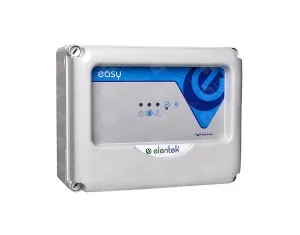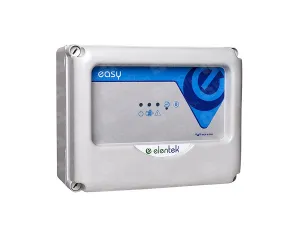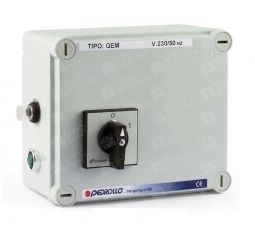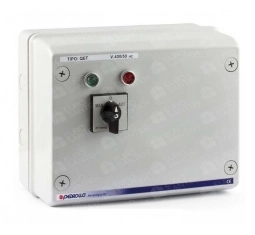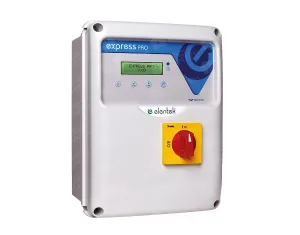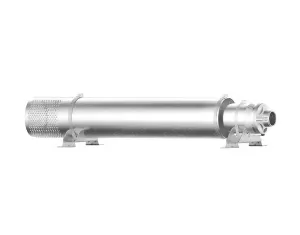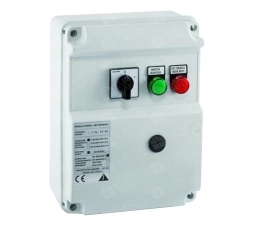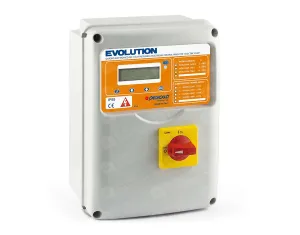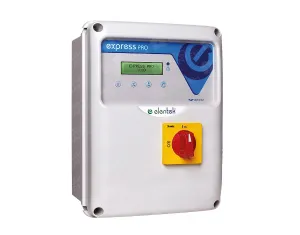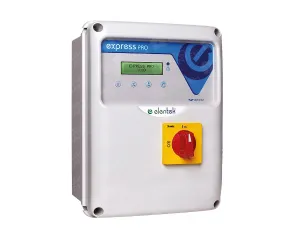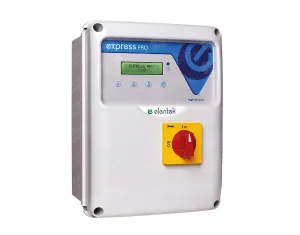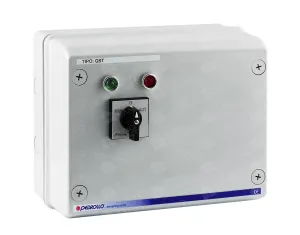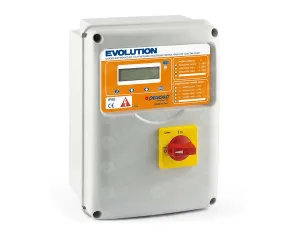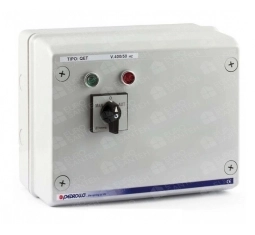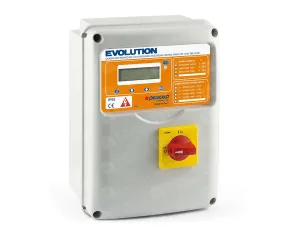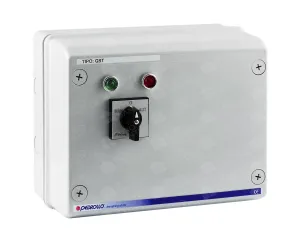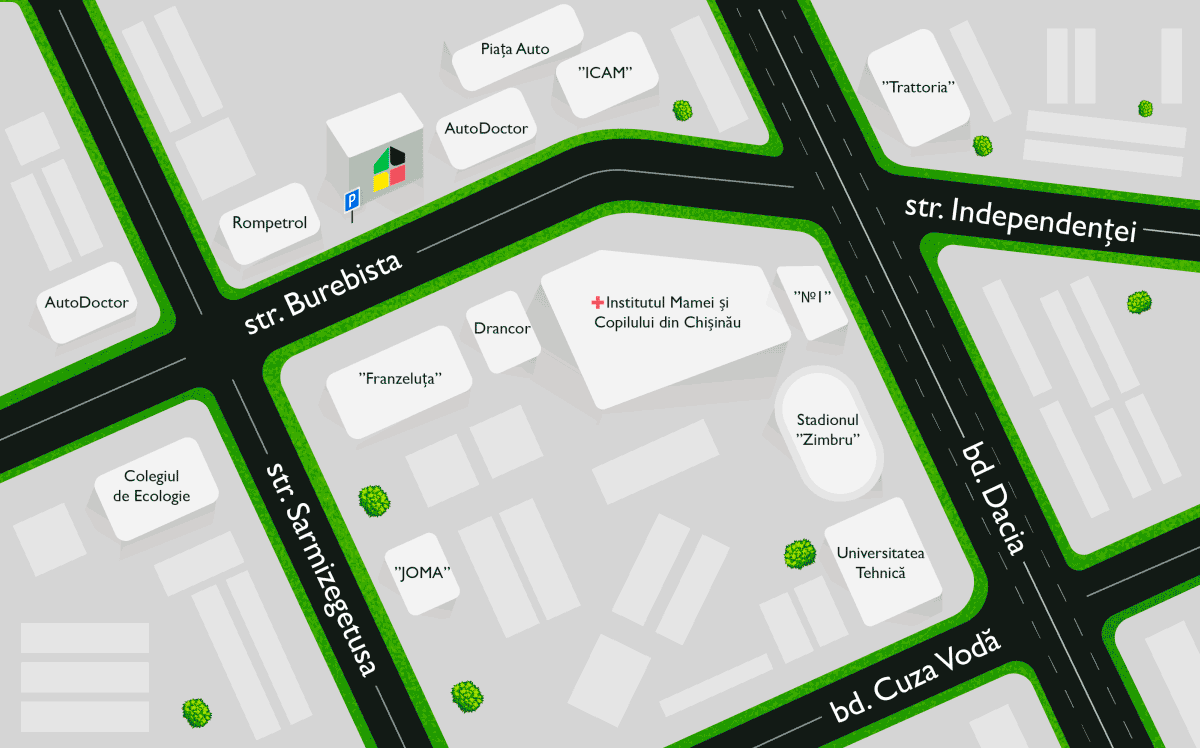Automation and accessories for water supply system
Automation and accessories play a pivotal role in modernizing and optimizing water supply systems, bringing efficiency, control, and reliability to the forefront. These technological advancements have transformed traditional water supply management, offering smart solutions for both residential and industrial applications.
Automation in Water Supply Systems:
1. Smart Sensors and Monitoring:
- Automated sensors continuously monitor water quality, pressure, and consumption, providing real-time data for informed decision-making.
- Smart meters facilitate accurate measurement, billing, and leak detection, ensuring resource efficiency.
2. Remote Control and Management:
- Automation allows for remote monitoring and control of water supply systems, enabling operators to adjust settings, identify issues, and manage the system from anywhere.
3. Programmable Logic Controllers (PLCs):
- PLCs automate various processes in water treatment plants, pumping stations, and distribution networks, enhancing overall operational efficiency.
4. SCADA Systems (Supervisory Control and Data Acquisition):
- SCADA systems provide a centralized platform for monitoring and controlling complex water supply networks, allowing for efficient data analysis and system optimization.
5. Automated Valve Control:
- Automated valves regulate water flow, pressure, and distribution, responding dynamically to changing demand and system conditions.
Key Accessories for Water Supply Systems:
1. Pressure Regulators:
- Pressure regulators ensure a consistent and safe water pressure, preventing damage to pipes and appliances.
2. Water Filtration Systems:
- Advanced filtration accessories, including activated carbon filters and membrane systems, enhance water quality by removing impurities, contaminants, and sediments.
3. Pump Controllers:
- Automated pump controllers manage the operation of pumps, adjusting speed and output to meet demand and optimize energy consumption.
4. Leak Detection Systems:
- Automated leak detection systems use sensors to identify and locate leaks promptly, minimizing water wastage and preventing damage.
5. Flow Meters:
- Flow meters accurately measure water consumption, aiding in resource management, billing, and identifying irregularities in the distribution network.
6. Remote Surveillance Cameras:
- Cameras provide visual monitoring of water infrastructure, aiding in security, maintenance, and rapid response to emergencies.
7. Remote Valve Monitoring:
- Remote monitoring systems for valves allow operators to control and monitor the opening and closing of valves remotely, enhancing operational flexibility.
8. Mobile Applications for Monitoring:
- Mobile apps provide users with real-time information on water usage, system status, and alerts, promoting water conservation and awareness.
Benefits of Automation and Accessories:
- Efficiency: Automation streamlines operations, reduces manual interventions, and enhances the overall efficiency of water supply systems.
- Resource Conservation: Smart technologies help optimize water usage, minimize wastage, and ensure sustainable management of water resources.
- Reliability: Automated systems improve the reliability and resilience of water supply networks, reducing downtime and enhancing system performance.
- Data-Driven Decision-Making: Real-time data collection and analysis empower operators to make informed decisions, improving system performance and response times.
In conclusion, the integration of automation and advanced accessories has revolutionized water supply systems, making them more intelligent, efficient, and adaptable to the challenges of the modern world. As technology continues to evolve, these innovations will play a crucial role in building resilient and sustainable water supply infrastructures globally.
